
A BLOOMSBURY REFERENCE BOOK
Created from the Bloomsbury Business Database
www.ultimatebusinessresource.com
First published in 2005 by
British Library Cataloguing in Publication Data
This electronic edition published in 2012 by Bloomsbury Publishing Plc
Bloomsbury Publishing Plc 2005
Bloomsbury Publishing Plc
50 Bedford Square
London WC1B 3DP
All rights reserved
You may not copy, distribute, transmit, reproduce or otherwise make available this publication (or any part of it) in any form, or by any means (including without limitation electronic, digital, optical, mechanical, photocopying, printing, recording or otherwise), without the prior written permission of the publisher. Any person who does any unauthorised act in relation to this publication may be liable to criminal prosecution and civil claims for damages
No responsibility for loss caused to any individual or organisation acting or refraining from action as a result of the material in this publication can be accepted by Bloomsbury Publishing or the authors.
A CIP record for this book is available from the British Library.
eISBN 978 1 4081 3419 1 (e-book)
Design by Fiona Pike, Pike Design, Winchester
Sign up for newsletters to be the first to hear about our latest releases and special offers
Contents
Answer the questions and work out your score. Then read the guidance points to find out how you can improve your project management skills.
How do you feel when dealing with numbers?
a) Positive and in control.
b) I do my best and ask for help if Im not sure.
c) I hope they will look after themselves.
Which of the following do you most closely associate with the word budget?
a) Target and challenge.
b) Stress and inevitability.
c) Constraint and chore.
How well do you cope with financial matters?
a) Fine. I feel quite confident with figures.
b) So-so. I have some experience, but get confused by the terminology.
c) Not very well. I dont know where to start.
When planning a budget, do you factor in a contingency in case things go wrong?
a) Yes. I set funds aside to allow for unforeseen expenses.
b) No. I plan expenditure and income very carefully and dont envisage any problems.
c) No. I dont think its necessary.
In a company you believe budgeting concerns:
a) Everyone.
b) Just the senior employees.
c) Those working in the finance department.
A cash crisis is:
a) A short-term problem to be solved as soon as possible.
b) A real worry and potential business failure.
c) A nightmare.
Do you check invoices when they come in from suppliers?
a) Yes. Mistakes are easily made but they can mount up.
b) Sometimes.
c) No. Im sure theyre all fine.
What do you do if a customer is late paying you?
a) I ring them up as a first step to see exactly what the problem is.
b) I send them a shirty letter.
c) Not much, really. Most people pay up in the end.
a = 1, b = 2, and c = 3.
Now add up your scores.
are particularly useful if you run your own business.
 1318: Youve got some basic financial knowledge but need a bit of support. will help make sure you get paid on time and that you can afford to pay others what you owe them!
1318: Youve got some basic financial knowledge but need a bit of support. will help make sure you get paid on time and that you can afford to pay others what you owe them!
 1924: Dont panic! You dont have a lot of confidence with numbers, but if youve bought this book, you realise you have to do something about it. Dont assume that because you struggled with maths at school, youll never be able to get to grips with numbers. Turn to for confidence-boosting advice on understanding financial terms and creating a basic budget.
1924: Dont panic! You dont have a lot of confidence with numbers, but if youve bought this book, you realise you have to do something about it. Dont assume that because you struggled with maths at school, youll never be able to get to grips with numbers. Turn to for confidence-boosting advice on understanding financial terms and creating a basic budget.
Numbers just arent everyones cup of tea. If you are one of those people, the prospect of having to deal with figures at work may fill you with dread, but dont panic. Youre not alone, and with some practice youll soon feel a lot more comfortable.
Being good (or at least comfortable!) with numbers is a great skill to have, and one that will stand you in great stead if you want to move up your chosen career ladder or start your own business.
Step one: Dont panic!
1 I was dreadful at maths when I was at school. Wont it be the same old story now?
No, not necessarily. Lots of people actually gain confidence with numbers as they get older as they feel under less pressureyoure not often put under the spotlight on your own, as you may have been at school. It is hard when youre panicky about something, but the best thing you can do is relax as stress can have an adverse effect on your memoryyour mind really does go blank! If you keep calm, youll make fewer mistakes.
Remember too that when you work with numbers as part of your job, you wont have to get by with just a pen, some paper, and a calculator as you used to. There are lots of easy-to-use software packages, such as Excel, that can really help you get on your feet.
2 Ive just been promoted and dealing with budgets is a new part of my job. How can I make sure I cut the mustard? I dont have a lot of experience in this area.
If youve just moved into a new position at work, its a good time to make a pitch for some training. Its perfectly reasonable for you to do so, but to increase the chances of you getting the training you need, make a good business case for it to your manager by explaining the benefits that your company or organisation would derive from it. For example, it may be that:
 youd be able to hit the ground running and take control of your own budgets early on
youd be able to hit the ground running and take control of your own budgets early on
 youd be able to work more efficiently as you wouldnt keep having to check things with the finance department
youd be able to work more efficiently as you wouldnt keep having to check things with the finance department
 youd be up to speed with the latest software, if appropriate
youd be up to speed with the latest software, if appropriate
 youd be aware of best practice in your given area
youd be aware of best practice in your given area
Whether you get training or not, dont be afraid to ask other people if you run into any problems. Its much better to query anything youre unsure of than to go off at a tangent, base all your thinking on a mistake, and then have to deal with related problems. If youre polite, to the point, and remember to say thank you, you wont go far wrong.
Step two: Understand the key words
Before we go any further, its a good idea to get to know the key words that are used regularly used in relation to budgets. In most cases, theyll be explained again in their context in each respective chapter, but here is an overview that you can turn to for quick reference:
asset
any item that can have a value assigned to it. Assets can be tangible or intangible. Tangible assets are, as youd imagine, ones that exist physically, such as machinery, property, and cash. Intangible assets include goodwill and intellectual property; you cant see or touch them, but they bring a lot of value to a business.
balance sheet
a document that tells you something about the financial strength of a business or organisation on the day that the balance sheet is drawn up; its like a snapshot of something, rather than a film. A balance sheet shows a businesss assets (that is, what it owns) and liabilities (that is, what it is owed, or owes to others). The two sides of the balance sheet must be equal.
Next page

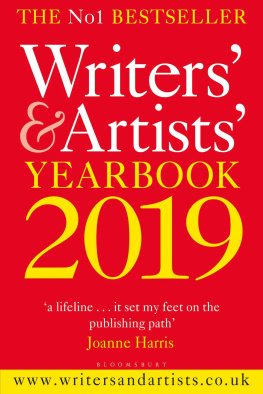


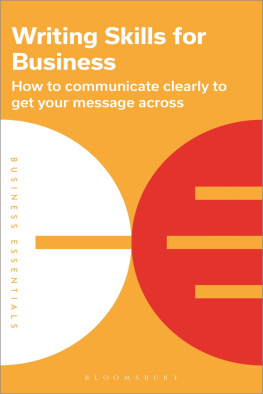


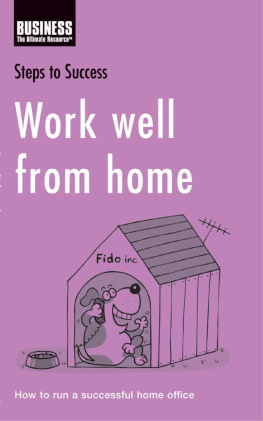
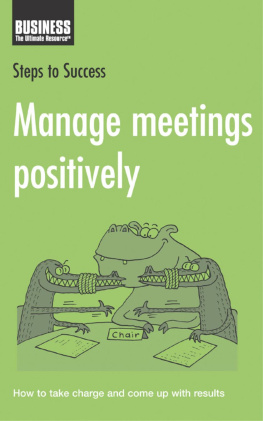
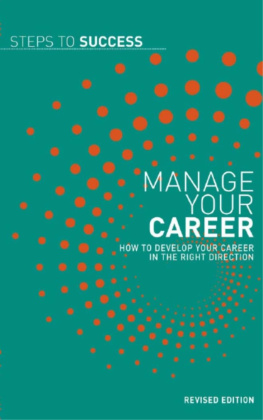
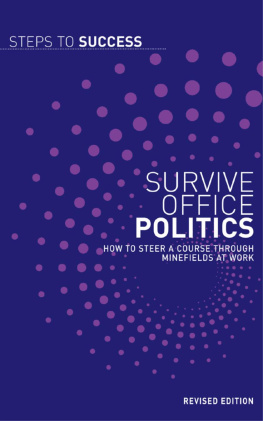

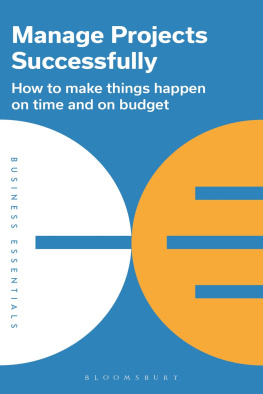
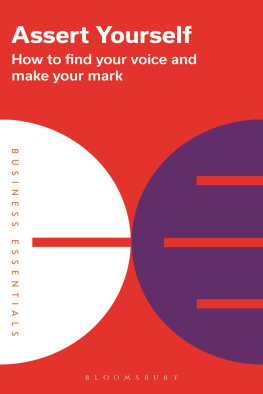
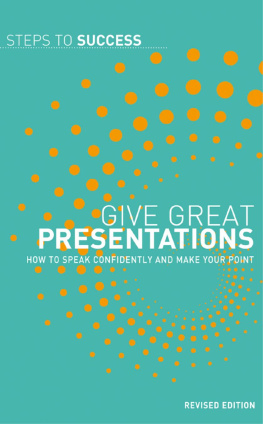
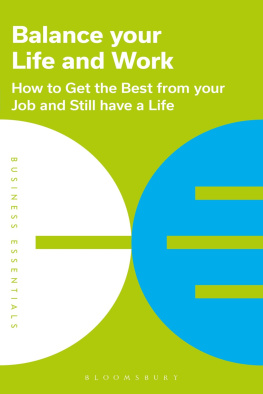
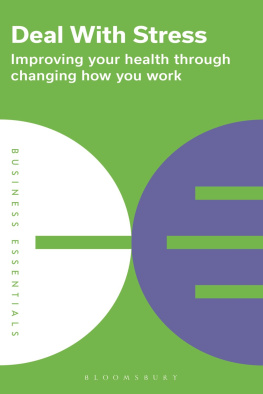

 1318: Youve got some basic financial knowledge but need a bit of support. will help make sure you get paid on time and that you can afford to pay others what you owe them!
1318: Youve got some basic financial knowledge but need a bit of support. will help make sure you get paid on time and that you can afford to pay others what you owe them!